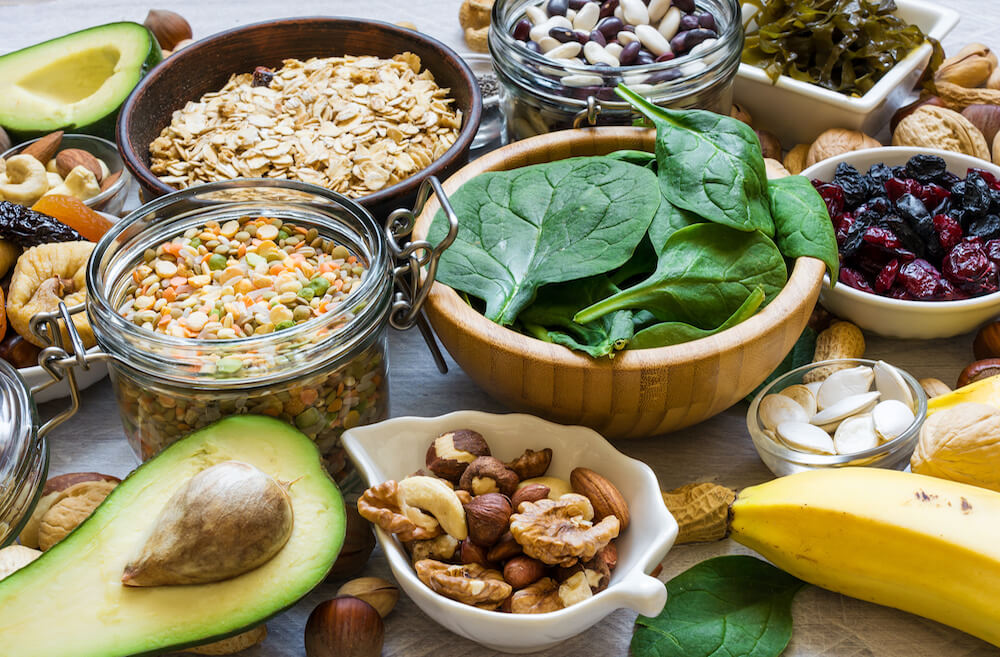Vein health should be a priority for all of us, but it tends to be more problematic for some people than for others. We have thousands upon thousands of miles worth of veins and arteries in our bodies, and it’s easy to develop the traits or habits that lead to vein issues such as varicose or spider veins.
Vein disease could happen due to excess weight putting pressure on your vascular system, hormone shifts (like what can occur during pregnancy), or living a lifestyle that involves standing or sitting for long periods of time. Varicose veins can also be the product of genetics, or the result of something as simple as getting older.
No matter the cause, it’s possible to make changes in your lifestyle to help keep your vascular system running smoothly – and managing your diet is a great way to start.
Rutin
Let’s talk about flavonoids.
Contrary to how their name sounds, flavonoids are not a type of sci-fi robot. They are plant metabolites that contain powerful antioxidants. Rutin is one of these flavonoids, and the food it’s found in happens to be some of the best for combatting varicose veins. You can find it in a lot of the foods you may already eat, like:
- Apples
- Cherries
- Grapes
- Asparagus
All and all, increasing rutin in your diet helps lower blood pressure and cholesterol. It can prevent blood clots, keep your veins healthy, and reduce the risk of varicose veins, all without requiring you to make drastic changes to your current lifestyle.
Vitamin C
You want your veins to be able to contract and dilate as needed for the sake of blood flow. This is vital for both your general health and the health and productivity of your vascular system. If your veins lack flexibility, they run the risk of getting damaged and becoming varicose veins. Decreased vein elasticity could be from a lack of vitamin C in your diet.
Vitamin C produces collagen and promotes vein flexibility. You can get this vitamin from a wide variety of foods, such as:
- Strawberries
- Bell peppers
- Pineapple
- Dark leafy greens
You probably already know that oranges contain vitamin C. But when it comes to incorporating this vitamin into your day-to-day life, you have plenty of options besides just oranges.
Vitamin E
A major issue in vein health that can cause varicose veins is blood clotting, also known as Deep Vein Thrombosis. Clots usually form in your legs and are often the result of long periods of inactivity, which decreases necessary circulation and slowly causes damage.
If you’re experiencing cramps in your legs and calf, this can be a sign of needing more vitamin E in your diet. Here are a few foods that contain this vitamin:
- Nuts
- Fish
- Avocados
- Olive oil
Vitamin E fights against blood clots by preventing platelets from sticking together, allowing blood to circulate uninterrupted. This keeps your vascular system thriving and prevents the growth of varicose veins.
Schedule Your Consultation
You can do a lot of good for your vein health by adjusting your diet to be more nutrient-rich. But if that isn’t enough, NY Metro Vein is here to help diagnose and treat your varicose veins and other vascular diseases. Contact us today to find out more!


